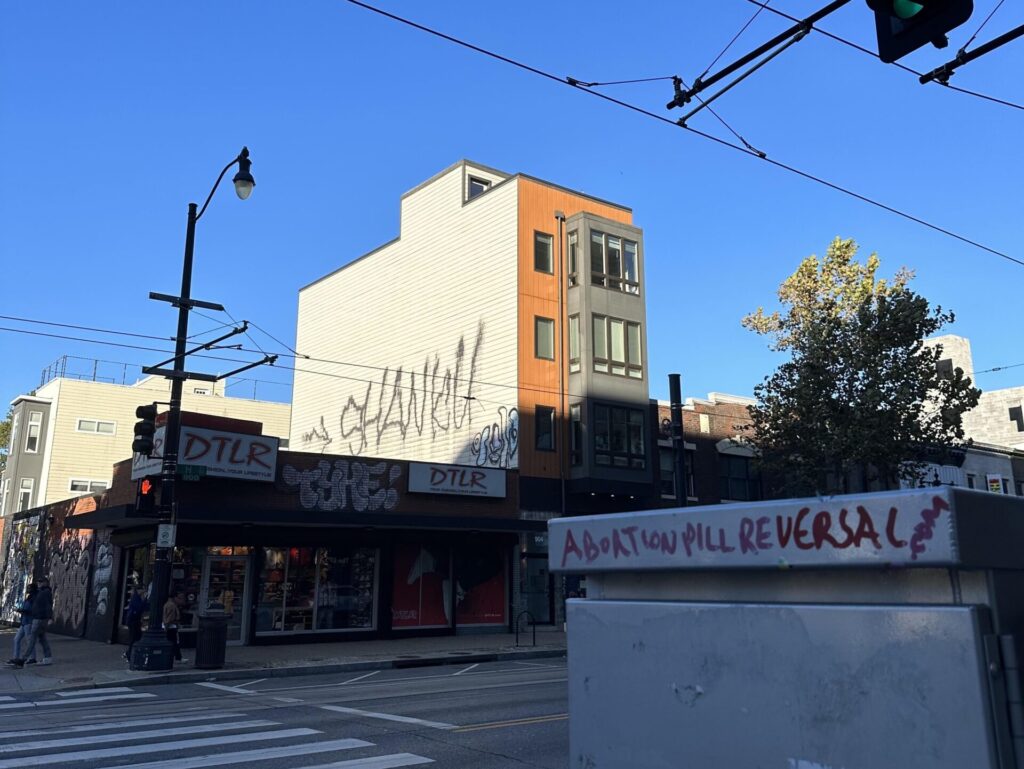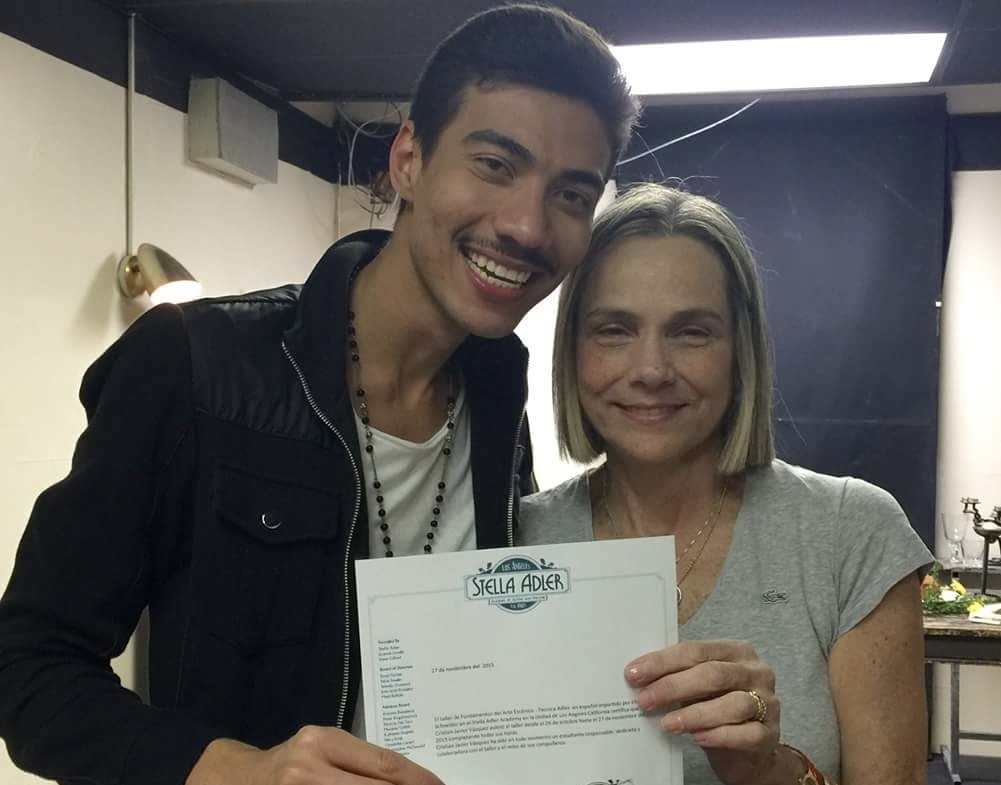(WASHINGTON, D.C.) – The CVS on H Street Northeast sits across from a new Whole Foods and the ritzy Apollo apartments. Despite the upscale atmosphere, staff at the local CVS recently replaced basic essentials – toilet paper, laundry detergent – with photos posted on the shelves in a desperate attempt to make up for rampant theft.
The shelves lined with photos might seem drastic, but it’s an indication of a larger problem. Crime has surged in Washington, DC in the past several years, and the city has become the second highest among U.S. cities in retail theft. The total crime rate, including violent crimes such as carjackings and homicides, has increased by 27% in 2023 alone. Restaurants have begun closing due to a constant fear of crime. Along H Street, which was once a success story for urban reinvestment, the scene on the block tells that the corridor has crested and begun its decline.
Left devastated by civil unrest in 1968 and largely neglected by city government, police, and private investment alike for decades, H Street became something of a crown jewel of urban renewal in the two decades following the turn of the millennium. Pricey grocery chains, hot yoga studios, and residential high-rises – which can run residents over $2,000 per month for a studio apartment – started popping up as the young urban professional class started moving in.
And with the upgrading came more crime. Rob Shrum, the CEO of a DC-area public relations firm, recalls moving out of the H Street area in 2015 due to a growing feeling of insecurity. “By the end of my time in the area, there were repeated incidents of people getting attacked on the sidewalks by groups of teens with no rhyme or reason behind it,” said Shrum, who moved to a suburb after starting a family. “The decline was just very scary and so rapid.”
There is no simple explanation for H Street’s evolution from redevelopment hotspot to epicenter of a crime surge. Some sources around the city point to the revitalization of Union Market a few blocks to the north, some blame the neighborhood’s lack of metro access. However, the redevelopment itself can be a cause for tension that can lead to criminal activity, says Prof. Tanya Golash-Boza of the University of California Washington Center, an expert on the causes and effects of gentrification.
Her studies have found that while gentrification brings new business, those shops and restaurants often do not hire long-term residents. “The long-term residents feel pushed out of their neighborhood and also develop resentment towards the newcomers who are building businesses that don’t hire them and moving into new apartments they can’t afford,” said Golash-Boza. “The lack of economic opportunity for long-term residents and the seeming wealth of the newcomers may translate into increased levels of crime.”
The Washington Post has used terms such as “pre-pandemic levels” to describe the uptick in criminal activity, joining the court of public opinion in blaming the aftereffects of the lockdowns for DC’s crime increase, either implicitly or explicitly. However, both Shrum’s recollection of the neighborhood in 2015 and Golash-Boza’s contention ring true to some longtime H Street residents.
The past decades of reinvestment have given areas like H Street a facelift, but socioeconomic inequalities cannot be repaired overnight. “The people moving in have money to spend,” said 30-year resident Joseph Young as he staffed an oldies record stand in front of the Whole Foods. “Rents keep climbing. My friend is a florist around here, and her rent has gone up to $5,000 a month. We can’t pay that.” As Young spoke, a father wearing a Washington, DC baseball cap rode out of the Whole Foods on a motorized bicycle referring to the vehicle as his “second car.” “That’s exactly what I’m talking about,” said Young, half-smiling at the irony of the interaction.
The city government has intervened with measures intended to mitigate the problems plaguing Northeast DC. Mayor Muriel Bowser has proposed legislation, including the Safer Stronger Amendment Act and the Addressing Crime Trends Now Act, that will create new criminal penalties for retail theft, remove requirements that prevent judges from moving youths into secure detention as the crime increase has primarily involved young men and boys under the age of 18.
“I’ve seen more police and security cameras around here,” said Young about the mayor’s proposals. “You can’t throw 14-year-old boys into the prison system and expect that to solve anything. We still get no rent support, and costs keep increasing. The root causes are still there.”
The rising crime has impacted businesses along H Street. With smashed windows and Board of Zoning adjustment applications posted to graffitied doors, closed bars and restaurants line each block. The few remaining bank locations hide ATMs behind keycard-locked reinforced doors, and the local Family Dollar keeps its windows shuttered with metal sheets in the middle of the business day.
The November closing of Biergarten Haus, which had operated along H Street since 2010, has left yet another property empty. The general manager declined to comment on the closure, but the subsequent auction of the bar’s 13-year stockpile of furniture and equipment attracted a myriad of other local shop owners.
“I wanted to open another location around here in one of the vacant sites, but now there’s break-ins to worry about,” said Peter Tabibian, the owner of DC-area chain Z-Burger, as he stood in a flurry of movers and consternated former bar staff. “I’m just here for the chairs.”


